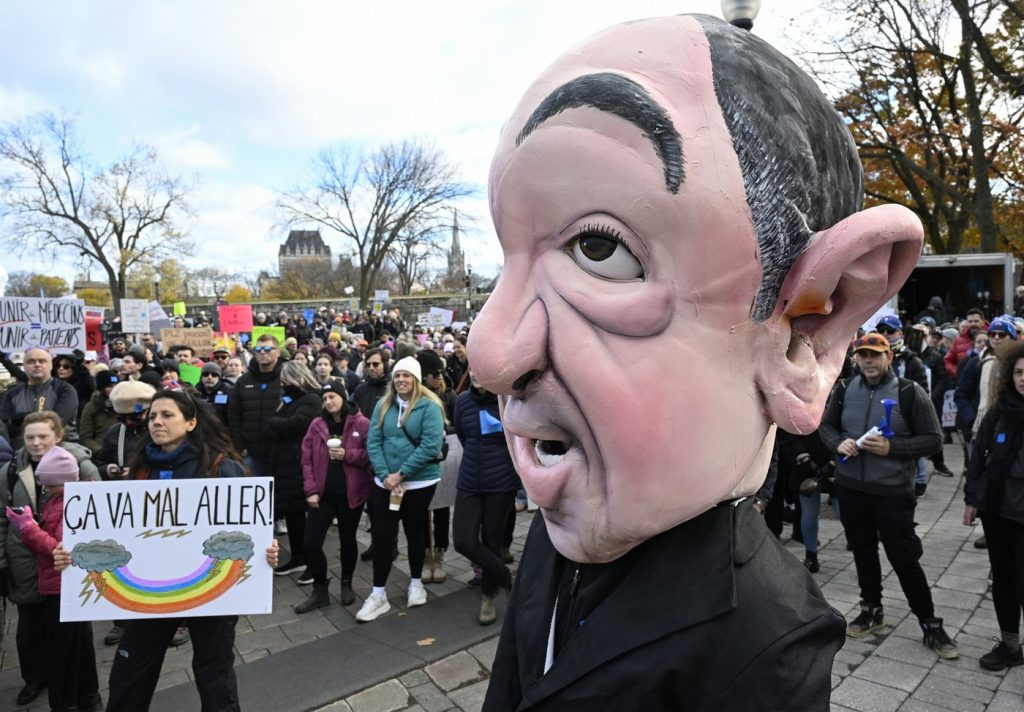MONTREAL — Thousands of protesters are anticipated to gather at Montreal's Bell Centre today to voice their concerns regarding a new law that alters the payment structure for doctors in the province of Quebec.
The demonstration is organized by four medical federations and specifically targets Bill 2, which was hastily passed by Premier François Legault's government in the National Assembly late last month. This legislation ties a portion of physicians' remuneration to performance targets and imposes significant fines for those who employ pressure tactics to oppose the changes.
Doctors have expressed grave concerns that the new law stifles their ability to advocate for patients and could potentially lead to a mass exodus of physicians from Quebec. In light of this discontent, medical associations have opted to contest the bill in court, seeking legal avenues to challenge its provisions.
In response to the mounting disapproval from medical professionals, Health Minister Christian Dubé announced on Tuesday that he would suspend two specific provisions of the bill. However, this move seems insufficient to quell the unrest among the medical community.
The protest is scheduled to commence downtown at 2 p.m., following a similar demonstration that took place in Quebec City the previous weekend. This escalation in protests underscores the deep-seated frustrations within the healthcare sector and reflects a broader concern about the implications of legislative changes on professionals in the field.
The debate surrounding Bill 2 has sparked a significant response not only from healthcare workers but also from the general public, drawing attention to the critical issue of how healthcare professionals are compensated in Quebec. The outcome of this protest may influence future negotiations between the government and medical federations and could shape the trajectory of healthcare policy in the province.











